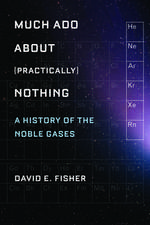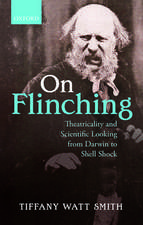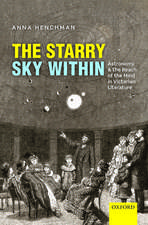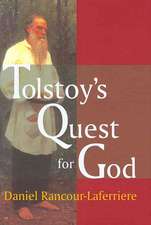Romain Rolland and the Politics of the Intellectual Engagement
Autor David Fisheren Limba Engleză Hardback – 14 iul 2017
Moving from text to context, Fisher organizes the book around a series of debates--Rolland's public and private collisions over specific committed stands--introducing the reader to the polemical style of French intellectual discourse and offering insight into what it means to be a responsible intellectual. Fisher presents Rolland's private ruminations, extensive research, and reexamination of the function and style of the French man of letters. He observes that Rolland experimented with five styles of commitment: oceanic mysticism linked to progressive, democratic politics; free thinking linked to antiwar dissent; pacifism and, ultimately, Gandhism; antifacism linked to anti-imperialism, antiracism, and all-out political resistance to fascism; and, most controversially, fellow traveling as a form of socialist humanism and the positive side of antifascism. Fisher views Rolland's engagement historically and critically, showing that engaged intellectuals of that time were neither naive propagandists nor dupes of political parties.
David James Fisher makes a case for the committed writer and hopes to re-ignite the debate about commitment. For him, Romain Rolland sums up engagement in a striking, dialectical formula: "Pessimism of the Intelligence, Optimism of the Will." His story presents a powerful challenge to modern intellectuals.
| Toate formatele și edițiile | Preț | Express |
|---|---|---|
| Paperback (1) | 402.66 lei 6-8 săpt. | |
| Taylor & Francis – 31 oct 2003 | 402.66 lei 6-8 săpt. | |
| Hardback (1) | 1000.27 lei 6-8 săpt. | |
| Taylor & Francis – 14 iul 2017 | 1000.27 lei 6-8 săpt. |
Preț: 1000.27 lei
Preț vechi: 1219.84 lei
-18% Nou
Puncte Express: 1500
Preț estimativ în valută:
191.42€ • 198.71$ • 159.62£
191.42€ • 198.71$ • 159.62£
Carte tipărită la comandă
Livrare economică 22 martie-05 aprilie
Preluare comenzi: 021 569.72.76
Specificații
ISBN-13: 9781138532090
ISBN-10: 1138532096
Pagini: 424
Dimensiuni: 152 x 229 x 24 mm
Greutate: 0.45 kg
Ediția:1
Editura: Taylor & Francis
Colecția Routledge
Locul publicării:Oxford, United Kingdom
ISBN-10: 1138532096
Pagini: 424
Dimensiuni: 152 x 229 x 24 mm
Greutate: 0.45 kg
Ediția:1
Editura: Taylor & Francis
Colecția Routledge
Locul publicării:Oxford, United Kingdom
Cuprins
1: Fin De SiÈCle Idealist; 1: The Languages of Engagement; 2: An Oceanic Sensibility; 3: Above the Battle; 2: The Political and Ideological Ambiguities of Rollandism in the 1920s; 4: The Intellectual’s International; 5: The Rolland-Barbusse Debate; 6: Gandhian; 3: Left-Wing Cultural Politics of the 1930s; 7: Intellectual Antifascism and the Amsterdam-Pleyel Movement; 8: Antifascist Resistance; 9: The Politics of Critical Support; 10: The Cultural Politics of the Popular Front; 11: The Politics of Uncritical Support; Conclusion: Pessimism of the Intelligence, Optimism of the Will
Descriere
This intellectual portrait of Romain Rolland (1866-1944)--French novelist, musicologist, dramatist, and Nobel prizewinner in 1915--focuses on his experiments with political commitment against the backdrop of European history between the two world wars





















